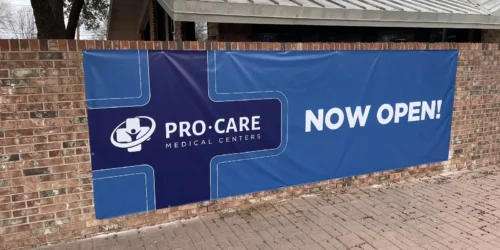
Signs and Symptoms of a Traumatic Brain Injury
A traumatic brain injury is any type of head injury that occurs with an impact to your skull or with a violent shaking of your head. Your brain is protected by your skull as well as a flexible, protective layer that allows for some movement with your natural day-to-day activities. A sudden force of impact or shaking can jostle your brain, causing it to slam against your skull. When this happens, it can cause the brain to bruise or even bleed. Any type of car accident injury involving the brain should be taken seriously and addressed by a medical professional immediately.
Concussions are the most common type of traumatic brain injury. They are most commonly associated with sports and car accidents, though it is also possible to sustain a concussion from an accident, like slipping and hitting your head. There are different levels of severity with traumatic brain injuries like a concussion and these depend on the force of impact, your medical history, and whether or not you have had a previous concussion.
If you have a lingering headache after an injury, you might be experiencing a head injury. The most common symptoms of a traumatic brain injury also include dizziness, blurry vision, ringing in the ears, and even nausea or vomiting. If the head injury was severe enough, it can even cause you to lose consciousness for seconds, minutes, or even longer. It helps to have someone who witnessed your head injury also monitor you for concussion symptoms that may be more obvious to observers than to yourself. These types of symptoms include confusion, disorientation, difficulty forming coherent sentences, and difficulty remembering new information. It is not uncommon for those who experience a traumatic brain injury to not be able to remember the injury or even the moments leading up to the event.
Head Injury Evaluations
Comprehensive testing for head injuries can help provide a thorough diagnosis and traumatic brain injury treatment plan. Any time you experience a head injury, you should talk to your doctor about getting a head injury evaluation as soon as possible to determine whether or not you have suffered a traumatic brain injury.
Brain Scan Testing and Assessments
Brain scans after a head injury will likely include a combination of neurocognitive tests and a test called an electroencephalogram, commonly referred to as an EEG. These types of tests look for electrical activity in the brain and any cognitive impairments that may have resulted from the injury or accident. Brain scan testing is non-invasive and allows your doctor to track your brain waves to measure your brain activity. These types of tests will monitor your memory and ability to recall information, whether your reaction time is delayed, whether your vision or hearing are impaired, and if you are able to mentally process conversation and information at a certain rate. Brain scan testing and assessments are utilized to get a clear, holistic picture of how your brain and body have been affected by the injury, both physically and mentally. Your doctor may also want to run diagnostic imaging tests to make sure there is no bruising or bleeding.
At ProCare Medical Centers in Austin and San Antonio, we provide comprehensive head injury evaluations and traumatic brain injury treatments for all types of people. Our team of healthcare providers includes chiropractors, primary care physicians, neurologists, and advanced practitioners to help diagnose and treat concussions and traumatic brain injuries. Our doctors have the knowledge and expertise to address all types of traumatic brain injuries resulting from car accidents, high impact sports and activities, and slip and fall accidents. If you are concerned you may have suffered a head injury, don’t hesitate to call or schedule an appointment with us online to get the quality care you deserve.



